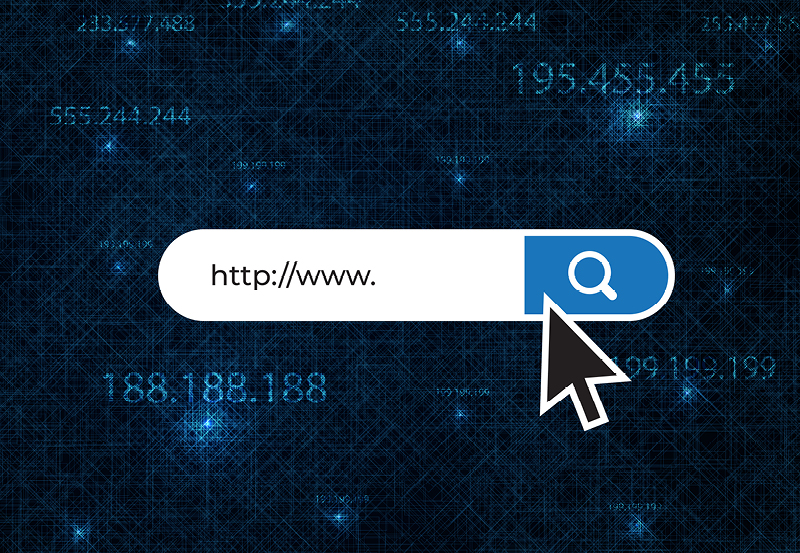What’s the Difference Between a Static IP and a DHCP?
When your business needs fiber internet, you have two main options for your internet “address”: a static internet protocol (IP) or a dynamic host configuration protocol (DHCP).
Confused already? That’s okay! You’re a small business professional, not a business fiber internet provider. Thankfully, celito is a business fiber internet provider, and we’re here to answer all your protocol questions.
celito is your number one source for fiber internet in Raleigh, NC. We are a local company that provides superior service and internet solutions, including our signature dedicated fiber internet, IT consulting, data centers, and VoIP services.
What is a Static IP?
A static IP is a permanent address that is manually assigned to the devices on your network, and it is one option for your business internet fiber.
Because it never changes unless a network administrator or internet service provider adjusts something, a static IP is a great choice for web and email servers, VoIP services, network printers, and any business that uses a remote access software.
Each user’s IP address will remain the same, no matter how many times they connect and disconnect from the network. For this reason, remote access to the server is quick and easy, and it is simple for devices to find and communicate with each other.
For static IPs, your network administrator needs to manually enter the IP address on each network device. While not a problem for smaller businesses, a company with many devices using the internet might find the manual assignment process difficult.
Not to mention, managing a static IP requires a big time commitment from an experienced administrator who is familiar with the necessary procedures.
What is a DHCP?
A dynamic host configuration protocol (DHCP) is technology that assigns dynamic–or changing–IP addresses. Most of us use DHCPs to access the internet in our personal lives.
The DHCP server automatically allocates temporary IP addresses to devices on the network, and it always knows which IP addresses are available.
When a device signs on to a DHCP network, it will be automatically assigned an IP. If the device disconnects and then re-connects, it will receive a new IP.
Using DHCP with wireless access points allows users to connect without having to set up anything manually on their devices. It also offers greater security.
DHCPs are easier for network administrators to maintain since so much of the system is automated, making it a great time save. For this reason, DHCPs are the most common way to access the internet.
What Is Better for My Business: Static IP or DHCP?
Like most things related to your business internet fiber, static IPs and DHCPs offer different pros and cons, and you will want to carefully consider your business’ needs when you make your choice.
A static IP may be the best choice if your business:
- Needs devices on the network to be able to communicate
- Uses a remote access software or VPN
- Hosts web or email servers
- Uses network printers
- Uses VoIP services
- Needs accurate geo-location services
A DHCP may be the best choice if your business:
- Connects a lot of different people on the internet for an event, such as a trade show
- Uses wireless access points
- Needs greater security
- Wants to save on network administration cost
Are you still unsure whether a static IP or DHCP is right for you? Don’t stress; just ask the professionals at celito!
Fiber Internet in Raleigh, NC with celito
Whatever your business’ needs, celito is your source for local, dedicated fiber internet. Our team of experts will help you find the right internet solutions for you, and we provide local, hands-on support.
celito is a Raleigh business just like yours, and our mission is to help our entire community succeed–including you and your business!
Contact us today to give local a shot!

